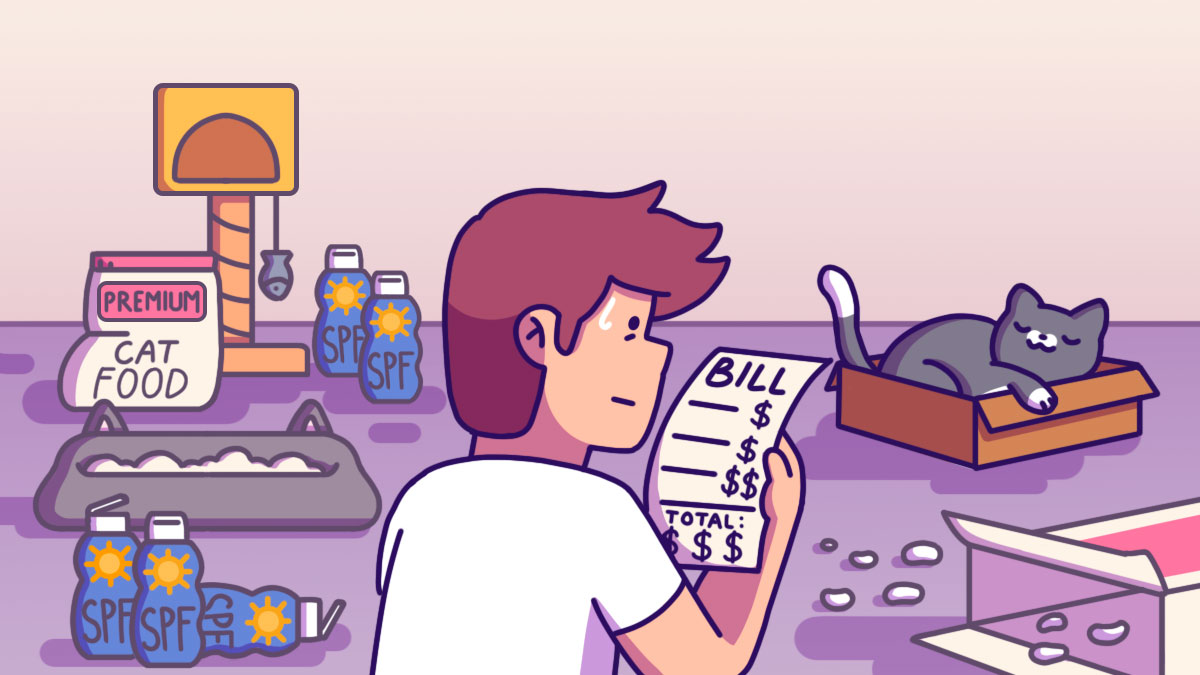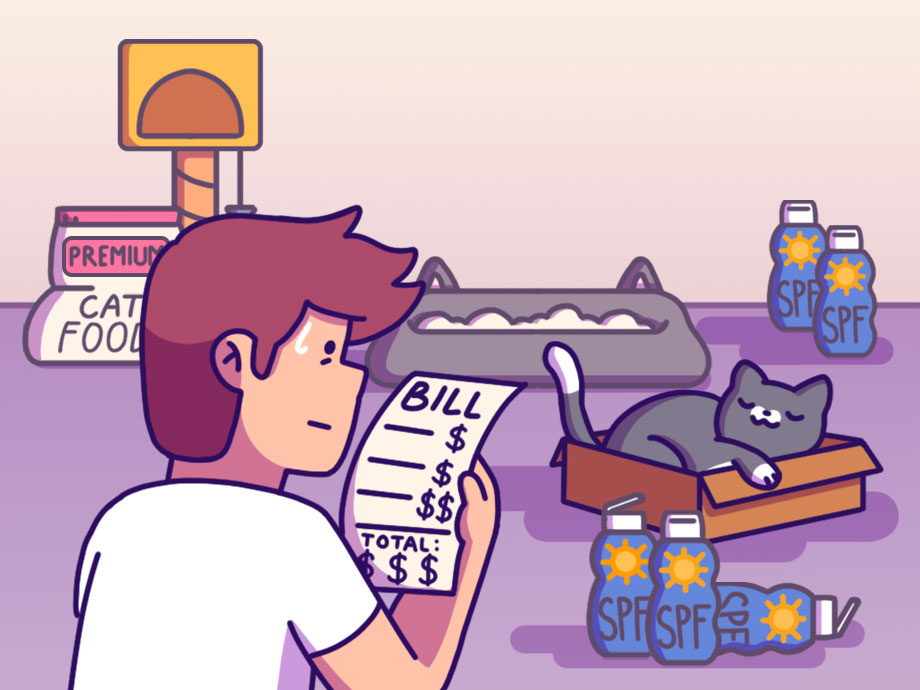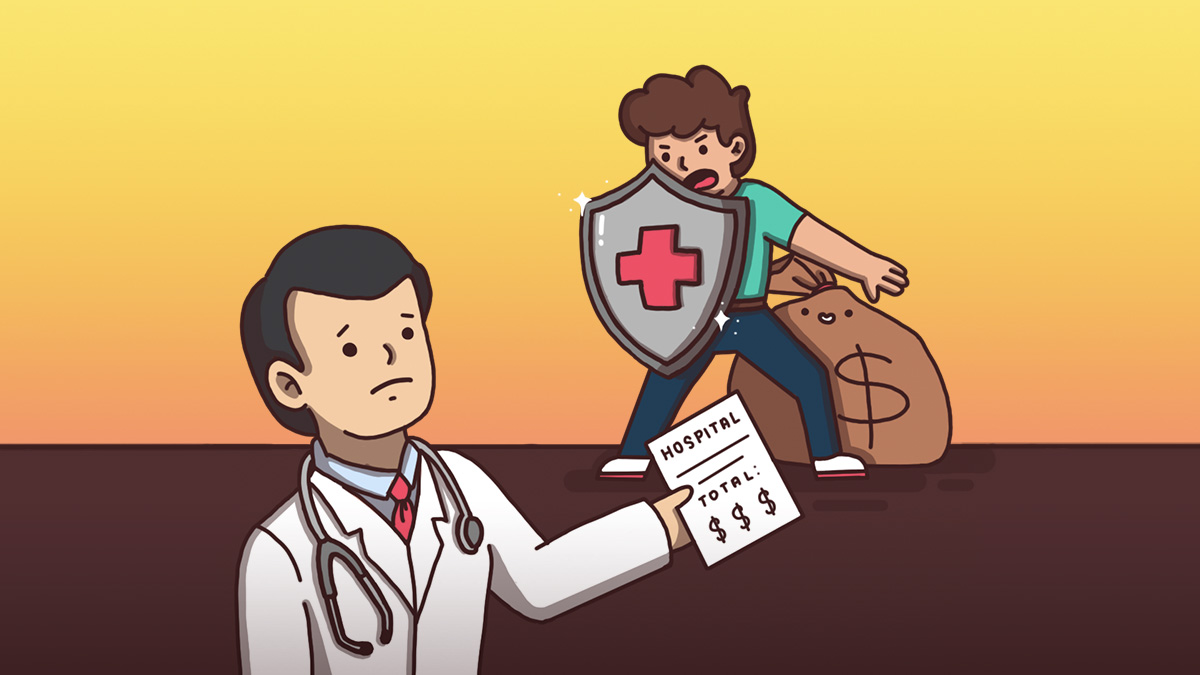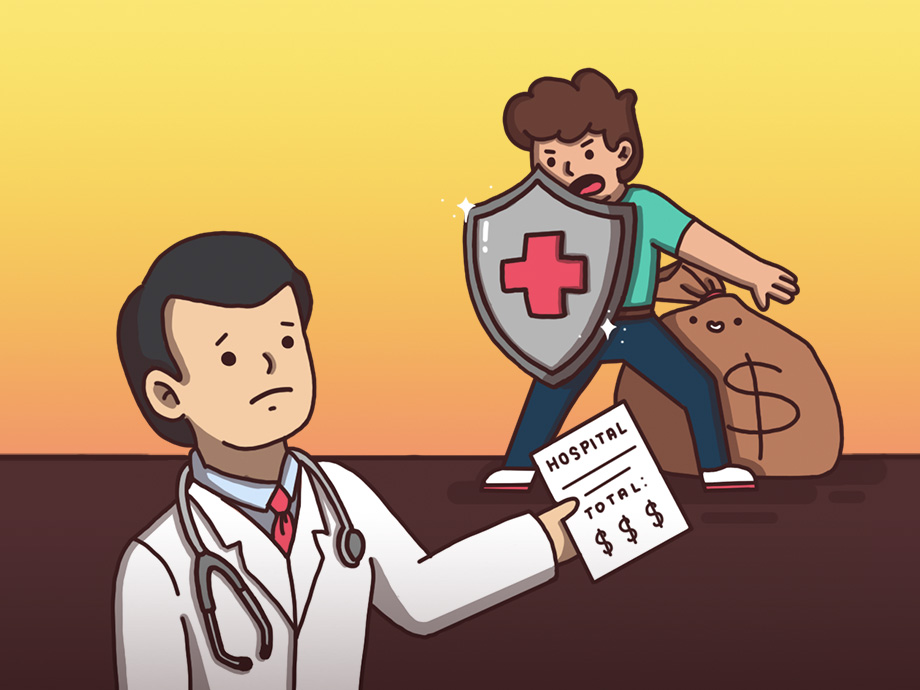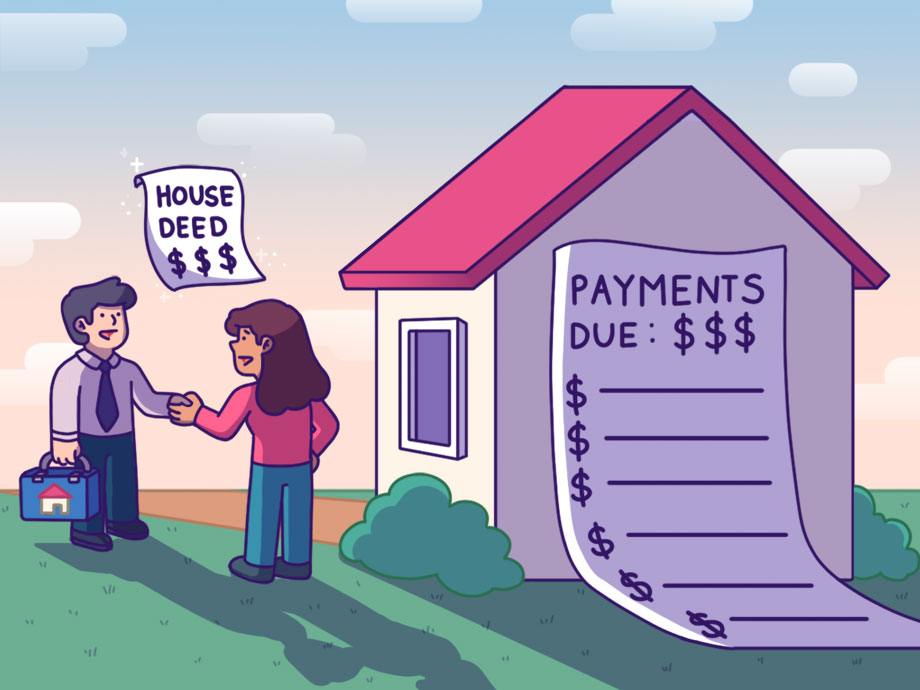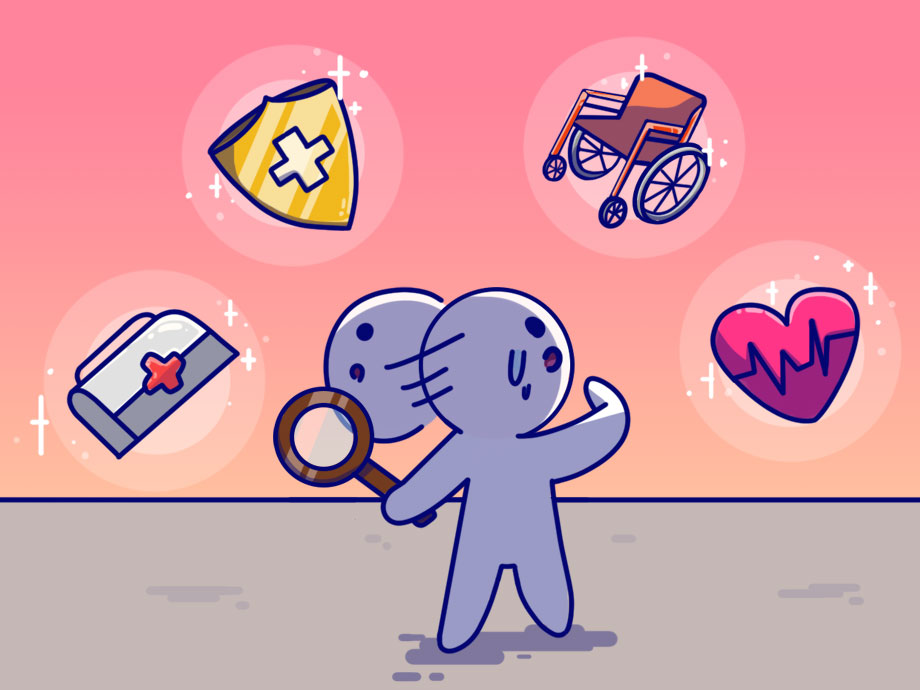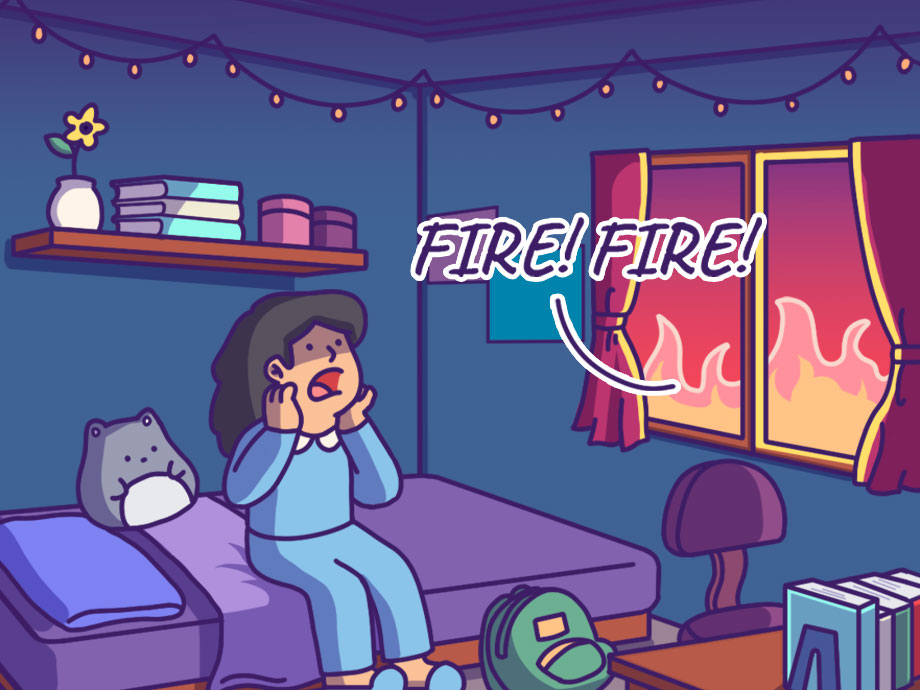Financial Planning | Personal Finance | Article
Insurance Policies Every Malaysian Will Need
by Ooi May Sim | 11 Aug 2022 | 8 mins read
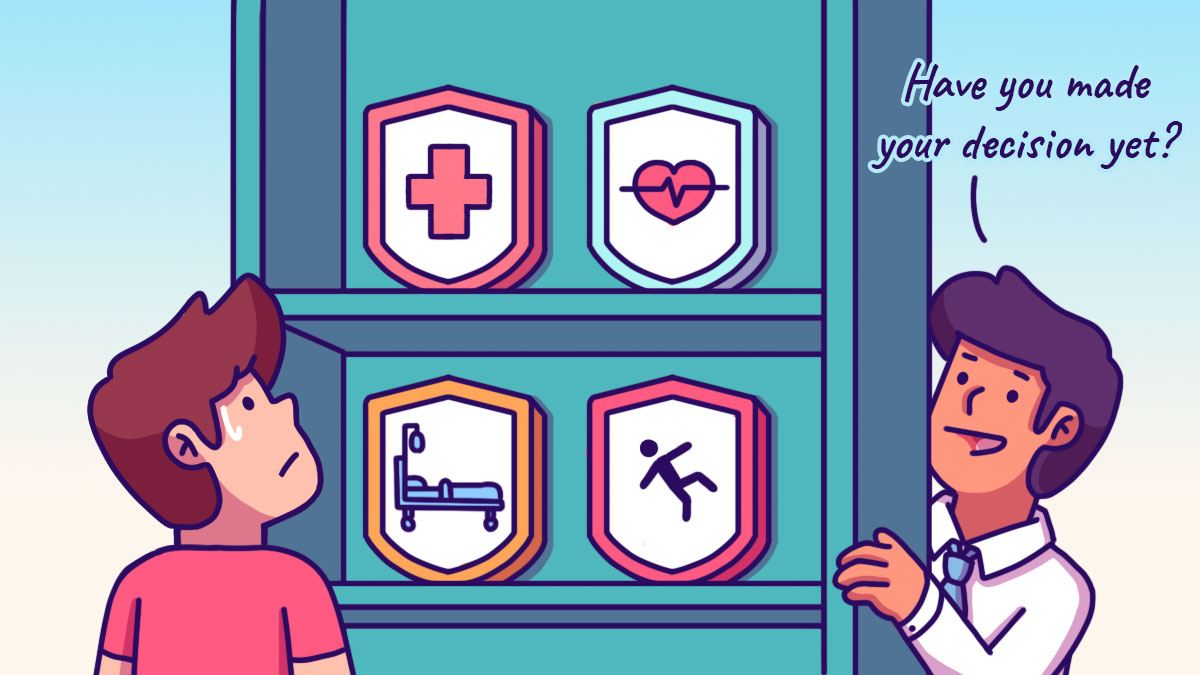
Life is unpredictable and has a way of throwing curveballs at us sometimes. And while we cannot prevent the unexpected from happening, what we can do is to try to protect ourselves from them, financially. One way we can do that is by having insurance.
When you buy an insurance policy, you pay a premium which can be monthly or one-off, and in return you are insured against certain financial risks over a predetermined period. Being insured basically means that you’ll get a sum of money should those risks become reality.
Depending on the type of policy you take, insurance can protect you, your family, assets and property from financial loses. And while you can buy insurance for almost anything these days – health, life, car, house, travel, business, and even your furbabies, do you really need all of them? The answer is probably not. Some policies are more crucial than others depending on your life circumstances
But before we delve into the different types of insurance in Malaysia, let’s get a hang of some insurance lingo.
The fundamentals of insurance terminology
In a nutshell, an individual who takes an insurance policy or plan from an insurance provider is known as a policy holder. Every month, the policy holder has to pay a premium to the insurer (insurance company), to service the policy. The insurer agrees to provide financial assistance to the policy holder or their nominees if a particular incident that is covered under the policy happens to the policy holder.
These incidences can range from minor inconveniences such as lost baggage, which you’d cover with travel insurance to major life events such as medical emergencies where having health insurance can help you pay your hospital bills.
Related
Personal insurance policies that everyone will likely need:
1. Health
Falling ill has become increasingly common these days, with stress levels at an all-time high and people following bad lifestyle habits such as consuming unhealthy foods and not having enough exercise. If that happens, we don’t want to be saddled with medical bill after medical bill.
This is especially so since medical costs have been on an upward climb. The current medical inflation rate in Malaysia stands at 12%, according to Aon’s Global Medical Trend Rates 2022. This means that if your doctor’s consult costs RM100 this year, it may go up to RM112 next year!
Therefore, it’s crucial to have health insurance as it can alleviate the financial strain that medical emergencies can put on your wallet. Health insurance helps you pay for medical treatments, surgery, screenings and tests, hospitalisation and even medication.
Although some employers have health insurance policies for their staff to protect them in the event of a medical emergency, it is always advisable to have your own policy because once you terminate your employment contract or retire, you will no longer be covered under your company’s group insurance scheme.
It’s also important to get health insurance when you’re younger and in better health as premium costs tend to go up as you age.
2. Critical illness
A critical illness policy gives you a lump sum payment if you are inflicted with an illness that is covered under your policy. Basic insurance policies generally cover you for 36 critical illnesses such as heart attack, cancer, stroke, kidney failure and coronary artery disease. These are common illnesses that many are afflicted with, and the cost of treatments can escalate quickly, and even put you in debt.
If you want your policy to cover more illnesses, you can add on to your policy, but it often comes with higher premiums.
The payments for a critical illness policy are given as a lump sum, how you use the money is entirely up to you. This can be good, because sometimes, people who are inflicted with an illness may face loss of income and may need the money to pay for household bills and daily expenses while they recuperate.
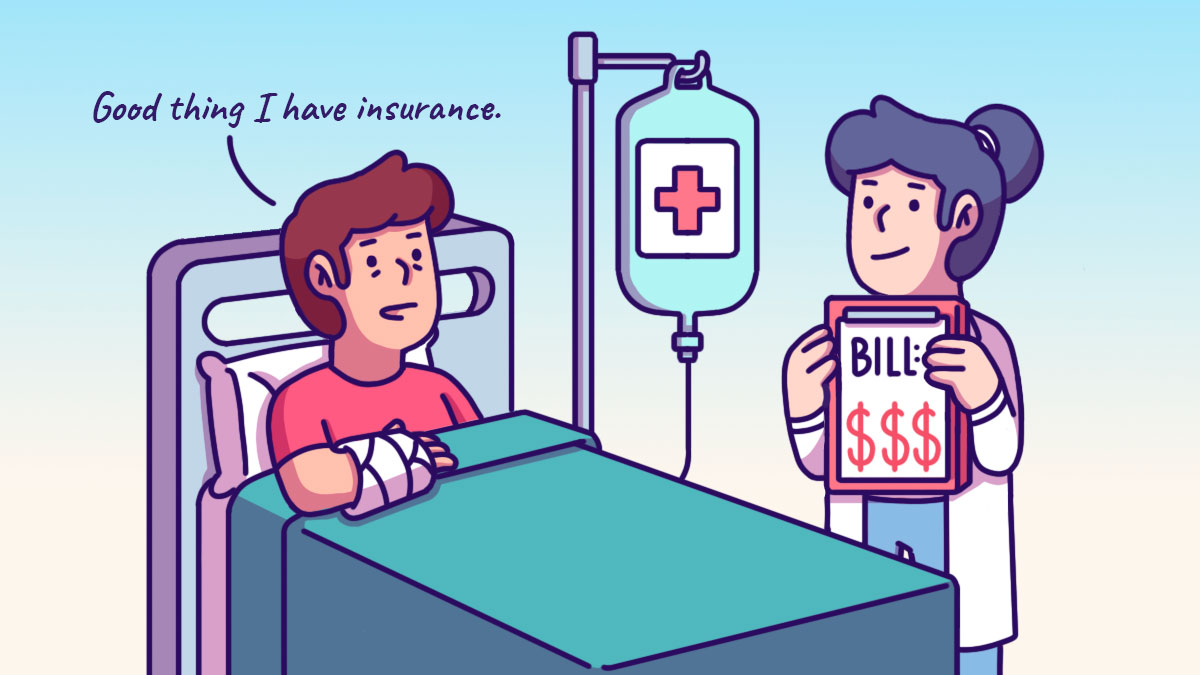
3. Personal Accident (PA)
Accidents happen sometimes. Unlike health insurance and critical illness policies, personal accident policies provide compensation in the event of an injury, temporary or permanent disability or death that is caused solely by an accident. When that happens, the policy holder or their family will receive a lump sum payment. And like a critical illness policy, how you choose to use the money is entirely up to you.
The premiums for a PA policy are calculated based on your age range and occupation. Generally, the older you are and the riskier your job, the higher the premiums. For instance, a full-time driver would normally have to pay higher premiums compared to an office-bound worker due to the higher probability of them getting into a road accident.
If you are looking at getting PA insurance, get a policy that addresses your needs. Pay attention to the exclusions in each policy and the extra benefits that the policies provide.
4. Life
Most of us may not like the thought of it, but we will all leave this world eventually. We won’t know when this will happen so the best thing we can do is to give our loves ones (and ourselves) the assurance that their finances will be taken care of after you’re gone. This is where life insurance comes in, where your beneficiaries receive a payout in the event of your untimely death.
This form of insurance is particularly important if you have family members who depend on your income.
There are two types of life insurance – term life and whole life. Term life provides coverage for a set amount of time. If you die during this period, your beneficiary will receive the payout. If you outlive your policy, you can opt to renew or discontinue it.
Whole life insurance, on the other hand, covers you until your death, so you can rest assured that you won’t outlive your policy.
As term life policies only provides coverage for a certain period, they are more affordable than whole life policies.
Related
The difference between these policies
At a glance, many of these policies may seem similar, but they are remarkably different.
For instance, although both the life insurance policy and PA policy provides a financial payout upon the death of a policy holder, PA policies will only give you a payout if the death was due to an accident. There won’t be a pay-out if you pass away due to natural causes, if you die after battling an illness, or if you injure yourself doing an extreme sport (this is not considered an accident as you knowingly participated in the activity; even companies offering these services require you to sign a waiver).
In the same vein, life insurance doesn’t cover accidents and illnesses that do not result in death.
Likewise, health insurance and critical illness insurance are often confused to mean the same thing.
Critical illness insurance only provides coverage for the illnesses that are stipulated in the policy, whereas health insurance can be used for a myriad of other medical issues such as being hospitalised for dengue fever, getting an appendix removed or just covering your doctor’s consultation. Also, health insurance can only be claimed for medical expenses, whereas critical illness insurance gives policy holders a payout which can be used for other, non-medically related purposes.
Choosing the right policy
As each insurance policy caters to different needs, talk to different agents from different insurance companies before settling on one.
Some factors you should consider that may affect the type of policy you need are your age, savings, occupation, number of dependents (such as children) and your current health status. You should also consider your family’s history of disease and illnesses as some of them may be hereditary and heightens the risk that you’ll be affected with those conditions.
These factors will affect the type of coverage needed, the amount of monthly premiums you’ll have to pay and the duration of the policy.
Before signing up for a life insurance or a critical illness policy, it is also helpful to calculate your family’s and your living expenses such as your housing loan, taxes, childcare costs, education fees, bills and food. This will give you a rough estimate on how much your family would need, should something happen to you, and the policy coverage you should be looking at.
You should also note that insurance is a long-term plan so it’s important to assess its affordability. While it is good to have more coverage, taking on a few different policies with high premiums, then not being able to sustain the payments may lead to your policy lapsing. This will make the policy null and void, and you won’t get any payouts when you need it. Plus, all the money you’ve sunk into paying premiums would have been a waste!
Hence, select an insurance company and policy that provides appropriate coverage for your needs and remember to include your premium payments into your monthly budget.



